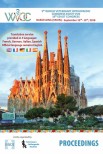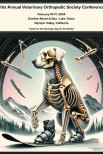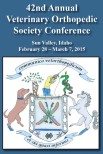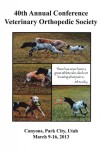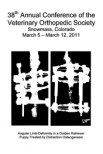The angulation of the equine fetlock determines the load of associated tendons and probably their predisposition for injuries. However, it is questionable how the individual toe conformation and tendon properties interact with the dorsal metacarpophalangeal joint angle (DMPJ). Data are needed for a tangible evaluation of the equine limb conformation for more specific orthopaedic treatment.
The aim was to evaluate the correlation between the DMPJ, toe conformation and cross-sectional area (CSA) of both flexor tendons; the superficial digital flexor tendon (SDFT) and deep digital flexor tendon (DDFT). Thirty Warmblood horses were available for the study.
Lateromedial radiographs of the toe and fetlock and transverse ultrasound images of both flexor tendons were obtained from three zones. The DMPJ, length and angle of the phalanges and CSA SDFT/DDFT were measured. In addition, hoof angle, wither height, age, and sex were documented. Correlations were calculated using Pearson's test. A paired t-test was used to evaluate left-right differences. Length and angle of the proximal and middle phalanx were significantly associated with the DMPJ (r = -0.28 - -0.45, p<0.001-0.04). Neither the angle of the hoof and distal phalanx nor the CSA SDFT/DDFT, showed a noticeable correlation with the DMPJ. Significant left-right differences occurred for the DMPJ (p<0.002) and the angle of the proximal and middle phalanx (p<0.01 - 0.002). A moderate negative correlation was shown between the DMPJ and wither height (r = - 0.31, p=0.04).
Results represent only a specific population. The study provides only a static evaluation of a dynamic situation. In a clinical context, it might be useful to focus on the angulation and length of the pastern to evaluate the individual load affecting the DMPJ and its associated structures. These findings might be relevant for orthopaedic treatments and shoeing recommendations.
KEYWORDS: Fetlock; Flexor tendons; Horse; Joint angle; Toe conformation


